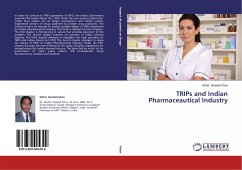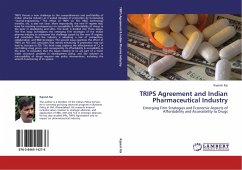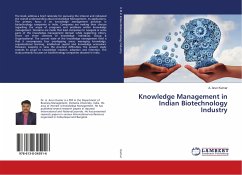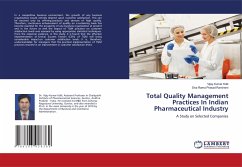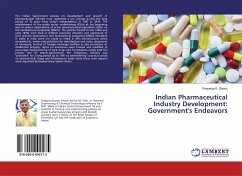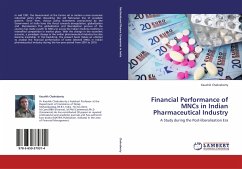In order to conform to TRIPs agreement of WTO, the Indian Government amended the Indian Patent Act, 1970. Under the new product patent law, Indian drug makers can no longer manufacture and market reverse-engineered versions of drugs patented by foreign drug producers. The present study is an attempt to analyze possible impact of TRIPs Agreement on Indian pharmaceutical industry. This book is divided into five chapters. The first chapter is introductory in nature that provides statement of the problem. The second chapter presents an overview of Indian pharma industry. The third chapter attempts to highlights the main provisions of TRIPs and Indian Patent Act 1970. The fourth chapter attempts to assess the impact of TRIPs on Indian Pharmaceutical Industry. Finally, the fifth chapter discusses the main findings of the study and gives suggestions for strengthening the Indian pharma industry. This book will be useful to the government of India, policy makers, IPR professionals, drugs manufacturers, investors and students.

